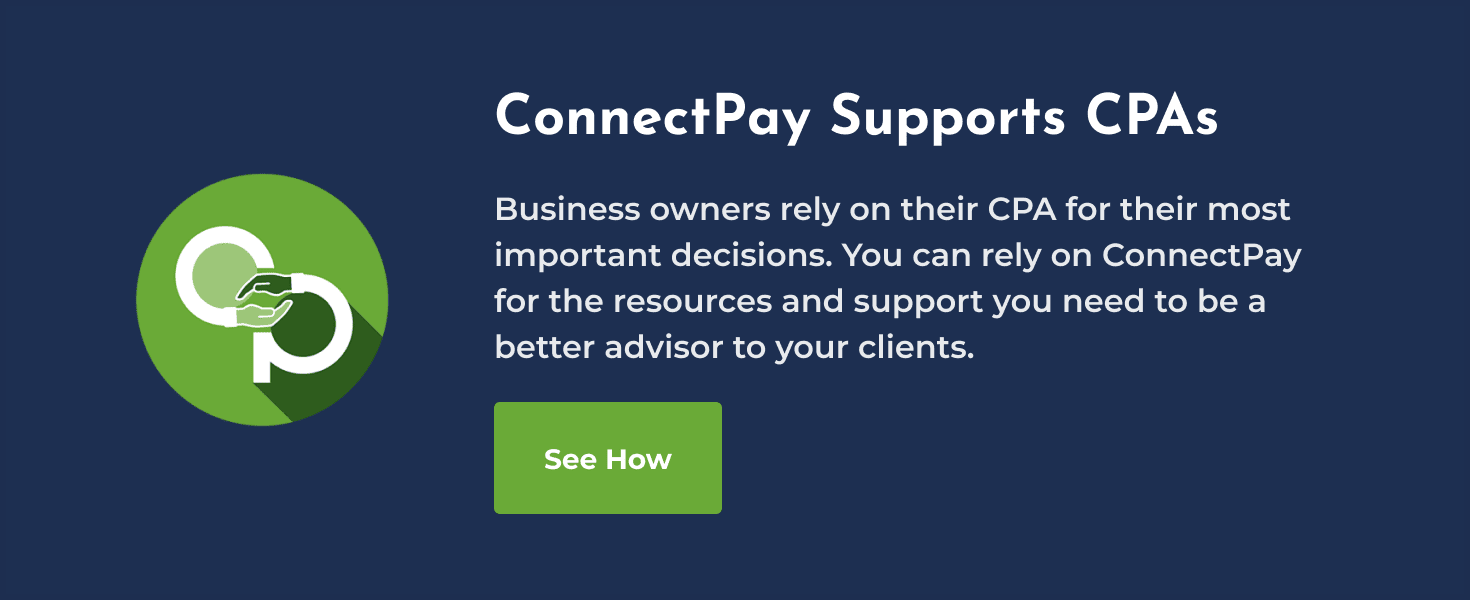Corporation Advantages: Advising on Entity Formation When it Comes to Payroll
Of all the decisions for which new business owners turn to their CPA for guidance, entity type is one of the most important.
The choice of business structure determines a lot about the way the organization and its owners are taxed, offer insurance, provide payroll, and get protected legally, so business leaders need to evaluate their options from all angles. Advising them on corporation advantages related to payroll is just one way a CPA can help their client make a well-informed decision about how to structure their business.
Payroll and Non-Corporations
As CPAs know, a sole proprietorship is fairly simple to start. Tax preparation is also pretty simple because the business owner reports their business profits on their personal income tax return. From a payroll perspective, sole proprietors are responsible for self-employment taxes (15.3%) on their own earnings and withholding and remitting federal and state taxes for any employees they hire.
CPAs can help sole proprietors anticipate some payroll questions that might arise as they expand. For example, sole proprietors often hire family members as their first employees, and family members of sole proprietors are treated slightly differently than other employees for payroll tax purposes. For example, a sole proprietor who employs their spouse doesn’t have to withhold federal unemployment taxes for the spouse’s earnings.
Multiple partners going into business together may establish a partnership if they’re willing to share the business’s liability, profits, and losses. While partnerships tend to be slightly more complicated than sole proprietorships from a tax perspective, they’re fairly similar from a payroll perspective. A partnership must collect and remit taxes for any employees on its payroll, but partners aren’t employees and are responsible for their own self-employment taxes.
As for LLCs? Because there are so many ways for new businesses to structure and use an LLC, how a CPA advises an LLC client about payroll depends on whether it’s a one-member LLC, a partnership or a corporation. Loop in your payroll services provider with specific questions.
Payroll and Corporation Advantages
Limiting personal liability is a central reason that business owners want to incorporate. That said, clients need to think beyond their legal protections when thinking about corporation advantages. There can be significant payroll tax benefits to incorporation, which CPAs can help their clients take advantage of.
New business owners may be wary of C corps because of double taxation, making an S corp a more attractive business entity. CPAs can talk clients through the income tax and state law issues at play, as well as clients’ long-term business goals, as they weigh their choices.
Despite double taxation and other complexities, a C corp is still the most appropriate entity type for some businesses. Payroll may be fairly straightforward at least: C corp owners pay themselves a regular salary, subject to income and payroll taxes, just as they’ll do for any employees the corporation hires.
S corps also pay out salaries and collect income and payroll taxes, but give their shareholders the added benefit of taking some of their compensation through distributions that aren’t subject to payroll taxes. A business owner who establishes an S corp is empowered to decide how much to pay themselves in salary and how much to pay themselves through shareholder distributions.
Since the corporation only owes FICA and unemployment taxes on salaries and not on distributions, S corp owners may be able to lower their personal tax bill by increasing the percentage of compensation they take through distributions.
Of course, what a new business owner might think is a loophole really isn’t one because the IRS watches S corps carefully. An S corp owner who pays themselves $50,000 salary and $400,000 in distributions is going to attract IRS attention and possibly be penalized. (A new business that’s just launching might not generate significant distributions for its owner right away, anyway). Still, CPAs can help S corp clients maximize their earnings by determining a salary-to-distribution ratio that’s tax advantaged without failing the IRS’s reasonable compensation test. And—knowing that the IRS is strict with S corps—CPAs can make themselves valuable to these clients by ensuring that they’re on top of their tax and payroll reporting obligations so everything’s in order and clients don’t have to waste time scrambling when taxes are due.
Advising on Corporation Advantages
New business owners can turn to their CPAs for specialized advice about entity types, corporation advantages, protecting their personal assets and setting up payroll—and CPAs can turn to ConnectPay for specialized advice about their clients’ payroll questions. With your Connected Services Rep just a phone call away, you can spend your valuable time advising clients instead of trying to solve thorny payroll tax issues.
Reach out to talk about how ConnectPay can make your job easier and help you make your clients’ jobs easier too. Let’s connect today.







